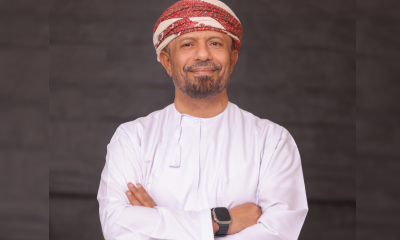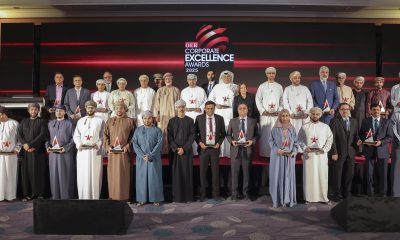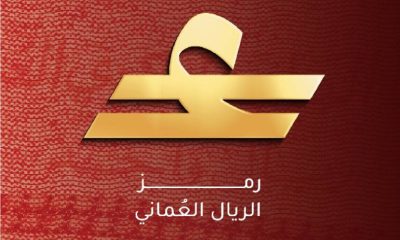Leaders Speak
Oman’s infrastructure opportunities: An optimistic outlook
Improving connectivity internally to other countries across the Gulf and internationally is central to Oman’s diversification strategy

For an economy that has been traditionally heavily reliant on hydrocarbons, the diversification of the economy and emergence of other industries is a priority – presenting strong opportunities for Omani businesses and foreign investors.
The infrastructure opportunities in Oman are significant. They include the ambitious $15.5bn Oman National Railway Project, to build a national rail network for high-speed trains featuring 35 kilometres of tunnels, 40 kilometres of bridges, 50 terminals and 2,244 kilometres of track. Meanwhile, there is significant investment in road projects, including the $3.9bn on the 265-kilometre Batinah Expressway, one of the biggest road projects in Oman.
The Sultanate is also investing around $4bn in airport expansion and $15bn developing its ports. And there are notable projects in the oil and gas sector, such as the construction of a new $6bn refinery complex at Duqm and BP’s development of gas reservoirs in Block 61 – with the potential to deliver up to 30 per cent of Oman’s gas supply by 2020.
While the sustained low oil price will undoubtedly bring challenges in the years ahead – these multiple strategic infrastructure opportunities echo my message of optimism for the future.
Our recent HSBC Growth Series event in Muscat explored the exciting developments that are taking place across Oman, the opportunities for local businesses, and the potential impact of that lower oil price.
One of the key messages that came through from our speakers was that while low oil prices may see some non-essential projects de-prioritised, infrastructure development is absolutely critical to the future success of Oman. Indeed lower oil prices make it even more important for an economy like Oman to diversify. As a result, the likelihood is that investment in the key projects that improve infrastructure and help to diversify the economy will continue.
Key aspects
However, in what is undoubtedly an uncertain climate, it is even more important that companies exploring opportunities and identifying projects that match their skillset, should be aware of the possibility of delays or cancellations.
Bidding for and winning any element of an infrastructure contract can be a costly process so it is important to get a clear picture from the outset of the projects that are most likely to go ahead.
Our speakers also identified some of the key aspects, beyond financing, that companies need to bear in mind when bidding for government contracts. The market for projects is very competitive so it is important to cost competitively but realistically. A relationship can quickly turn sour if unexpected costs are added during the course of a project.
The level of Omanisation is also an important factor when bidding for government contracts and being able to prove that you have a 30 per cent level of local employment from the outset can be a significant advantage over subcontractors that may be new to the country. As a result local subcontractors could find themselves in a strong position against companies coming in from outside Oman.
The level of conversation around the bidding for and winning of infrastructure contracts just serves to highlight the work that is planned or underway in Oman. Despite the element of uncertainty caused by lower oil prices, this remains an exciting time to be in Oman as the country continues to develop its infrastructure.
The ongoing diversification of the country’s economy brings efficiency and modernisation – all these elements together create opportunities for Omani businesses and foreign investors alike.
-

 Leaders Speak2 months ago
Leaders Speak2 months agoDhofar International Development and Investment Company: Driving Sustainable Growth and Strategic Synergies in Oman’s Investment Landscape
-

 Economy2 months ago
Economy2 months agoMaal Card: What Oman’s New National Payment Card Means for Everyday Users
-

 Events2 months ago
Events2 months agoOER Corporate Excellence Awards 2025 Honours Entities and Innovations in Oman
-

 Banking & Finance1 week ago
Banking & Finance1 week agoOman Oil Marketing Company Concludes Its Annual Health, Safety, Environment, and Quality Week, Reaffirming People and Safety as a Top Priority
-

 News1 month ago
News1 month agoSheikh Suhail Bahwan, Chairman of Suhail Bahwan Group, Passes Away
-

 Economy2 months ago
Economy2 months agoOman Unveils Official Omani Rial Symbol in Landmark Move to Boost Global Currency Presence
-

 News1 month ago
News1 month agoOIG Appoints New CEO to Lead Its Next Chapter of Excellence
-

 News4 weeks ago
News4 weeks agoReport: How India & The Middle East Are Exploiting Immense Economic Synergies




























You must be logged in to post a comment Login